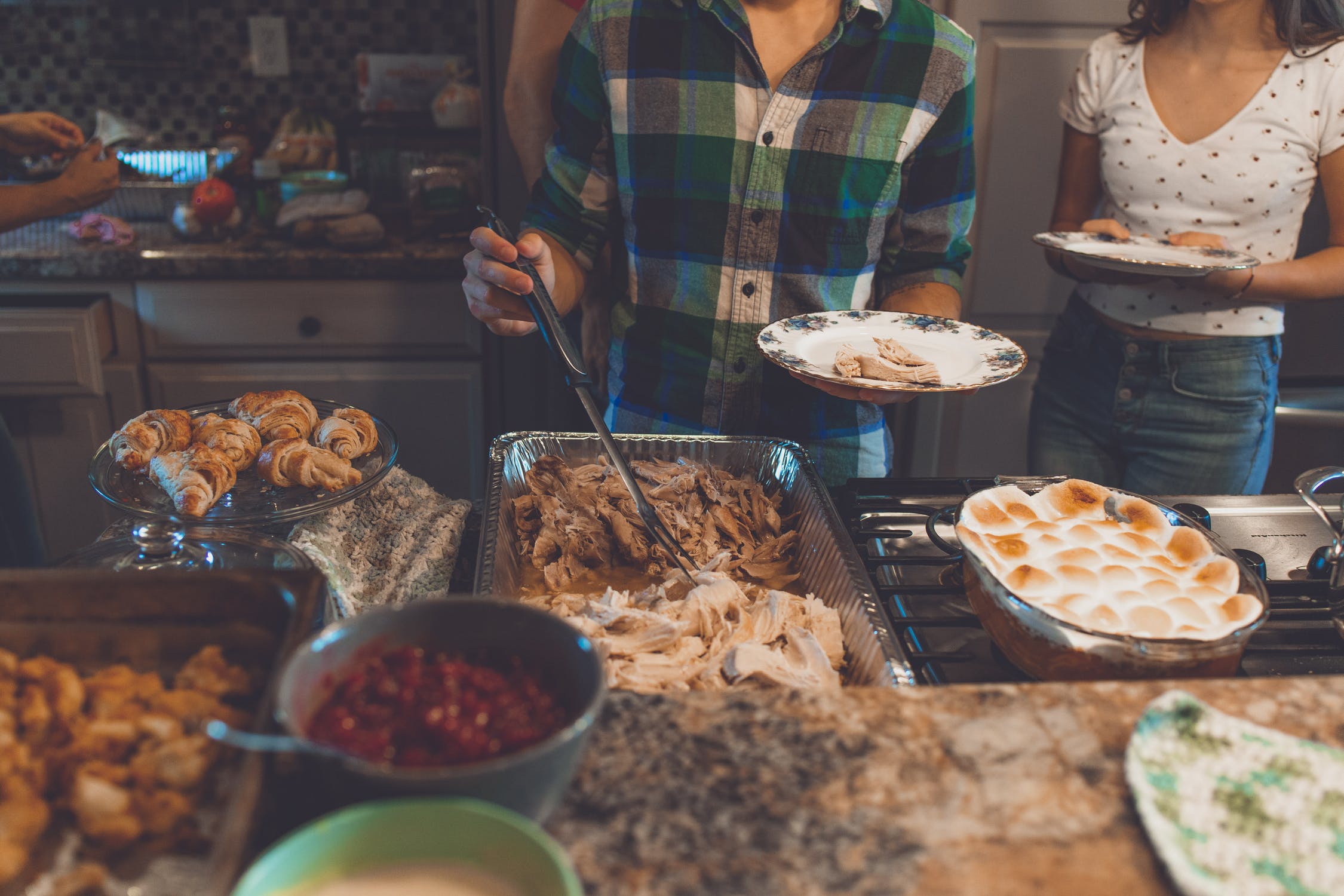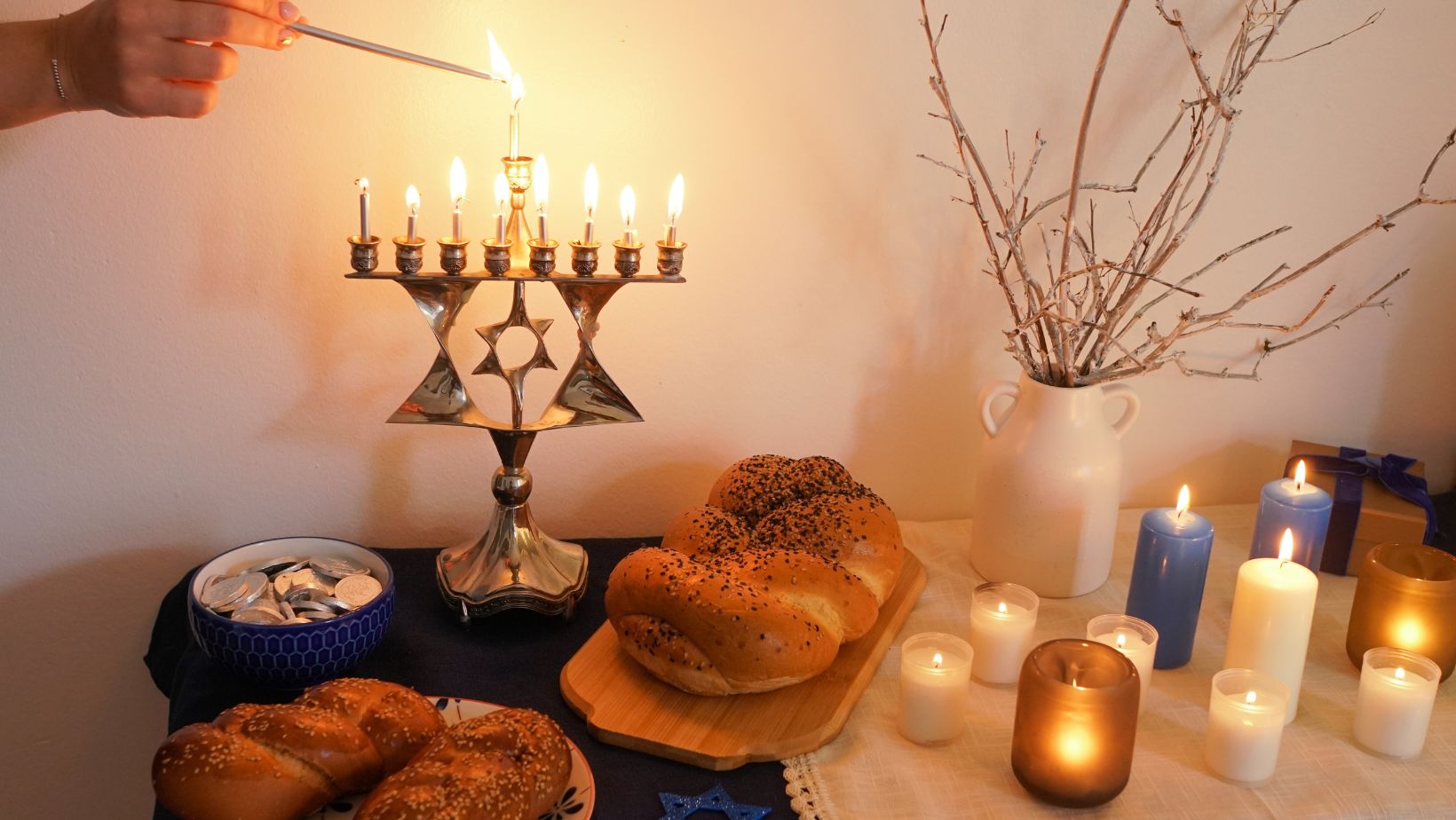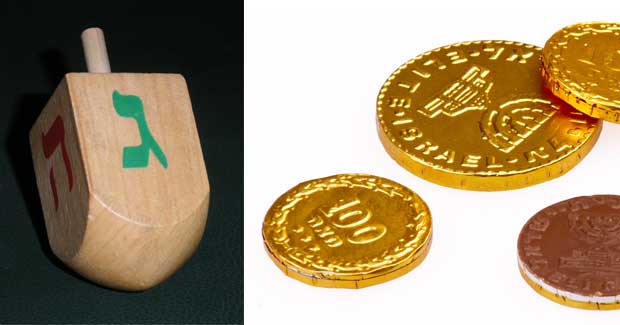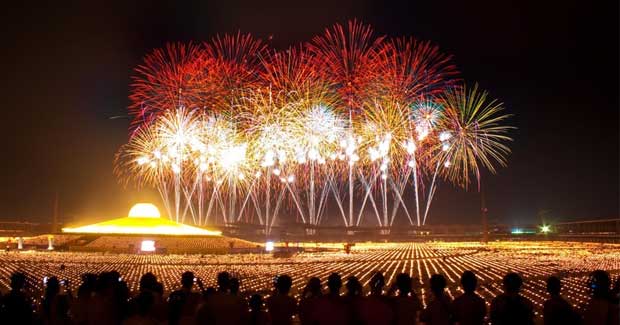This post was originally published in December 2015 and revised by other contributors in December 2024.
The holiday season is upon us!
Here’s a quick overview of holidays celebrated in the U.S. to to get you acclimated to some of fall’s main celebrations, American style:
Halloween: October 31st
This holiday gives children the opportunity to dress up in their scariest (or prettiest, or wackiest) outfits, while running around the neighborhood, yelling “trick or treat!” and filling pillowcases with fun-sized chocolates and candies.

Image courtesy of InterExchange
Take note that many people of all ages celebrate Halloween. Don’t be surprised if almost everyone on your block is handing out candy, if your children wear costumes to a school event, or even if your host parents or you get invited to a Halloween party!
However, some families choose not to celebrate Halloween for religious reasons. Be sure you and your host family are on the same page before making jack-o-lanterns with the kids!
Thanksgiving: 4th Thursday of November
Thanksgiving, or “Turkey Day” as you may hear it referred to, commemorates a feast shared by both indigenous Americans and early Pilgrims to the New World. This day brings American families together to cook a massive feast, eat it together, view a football game, and to remember to give thanks for the food, family, and other good fortune they have.

Image courtesy of Pexels
Many workers are given a day off on both Thursday and Friday. During this holiday, many Americans make the journey back to their hometowns or to the cities where other loved ones live in an effort to share with their family. According to the U.S. Department of Transportation Bureau of Transportation Statistics, Thanksgiving is the most heavily traveled time of year!
Black Friday: Day After Thanksgiving
While not an official holiday, Black Friday is the day after Thanksgiving and is worth mentioning here. It’s the biggest sale day of the year for shopping! Nearly every store offers lower pricing on their products on Black Friday in preparation for gift buyers starting their Christmas, Hanukkah, and Kwanzaa shopping. Be sure to take advantage of some of these deals, but also beware: stores are crowded, lines are long, and high-demand products may sell out quickly. If crowded shopping isn’t your thing, don’t worry. Most stores will offer online savings as well!
Hanukkah: Varies According to Hebrew Calendar
This eight-day festival of lights commemorates the rededication of the holy Temple in Jerusalem after the reclamation from Greek-Syrian conquerors.
Jewish families celebrate Hanukkah by lighting the hanukkiah (usually referred to as a menorah). Each night at sundown, another candle is lit until at the end of the celebration all of the eight candles are glowing (the candle in the middle is used to light the others, so there are nine in total).

Image courtesy of Canva
Families also exchange gifts each evening and share traditional foods such as potato pancakes, called latkes, and jelly-filled doughnuts. People of all ages, but especially children, love playing dreidel and giving out gelt!

Image courtesy of Wikimedia Commons
Christmas: December 25th
While a traditionally Christian holiday celebrating the birth of Jesus Christ, the celebration of Christmas has integrated itself into secular United States culture. Don’t be surprised to see garland, bows, fake snow, bells, Santa, and signs wishing everyone a “Merry Christmas!” or “Happy Holidays!” around your city. There are many Americans who do not celebrate Christmas. If you’re not sure if someone celebrates Christmas or not, it’s good form to tell people “Happy Holidays!” rather than “Merry Christmas!”
Christmas is a time for gift-giving and sharing a meal with family. Much like Thanksgiving, this is a big time for travel. Many people do their best to make it “home for Christmas” – even if it is the only time of the year that they see their family. Children will eagerly await the arrival of Santa Claus, who – the story goes – comes down the chimney on Christmas Eve in order to stuff children’s stockings with goodies and leave gifts under the Christmas tree!

Image courtesy of Pexels
Kwanzaa
Kwanzaa is a weeklong celebration that honors African heritage in African-American culture. Kwanzaa is observed from December 26th to January 1st, and ends with a celebratory meal and gift exchange. Kwanzaa is a relatively newer holiday than Hanukkah or Christmas, having begun in 1966.There are seven principles, which coordinate with the seven days and seven candles that are lit throughout the week: Umoja (unity), Kujichagulia (self-determination), Ujima (collective work and responsibility), Ujamaa (cooperative economics), Nia (purpose), Kuumba (creativity) and Imani (faith). Kwanzaa is not a religious holiday.
New Year’s Eve: December 31st
New Year’s Eve is a night to celebrate the past year and welcome the new one! Depending on your host family’s plans, you may have the night off to hang out with friends, or you might be working so your host parents can enjoy a party or event for adults only, since New Year’s events usually don’t end until after midnight. No matter your plans, it will be a New Year’s Eve to remember—one you spent in the U.S.

Image courtesy of Pexels
The holiday season can be a busy time of year, filled with many parties, events, and social gatherings. Whether the holidays you celebrate during your au pair program year are similar to or different from what you’ve experienced before, the holiday season is a wonderful time to experience cultural exchange with new family and friends. Be intentional about participating in these experiences. You’ll create so many wonderful new memories by doing so!
